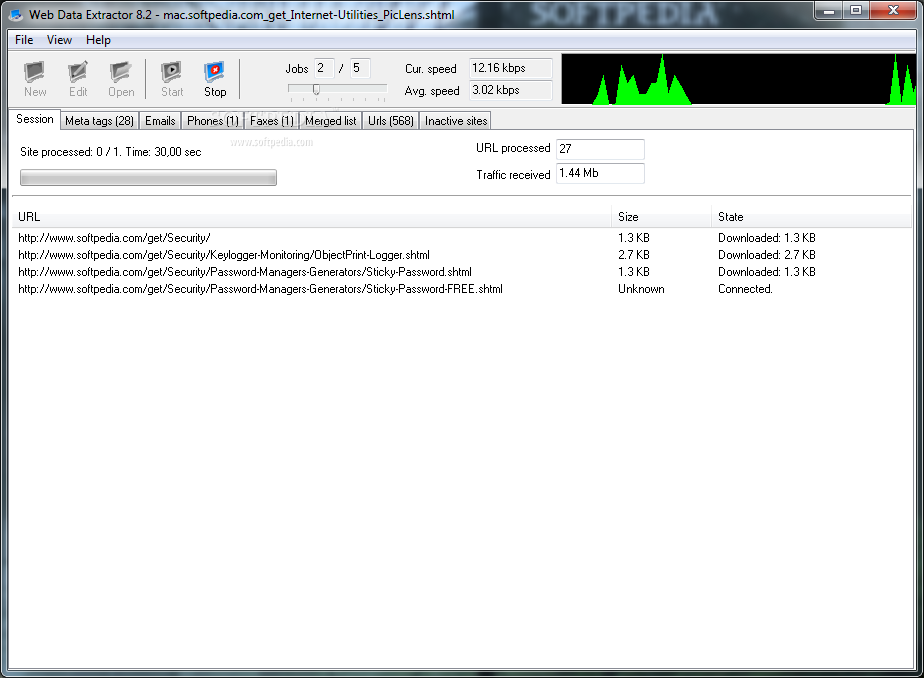

+ matches any word character OR digit OR character OR - repeated 1 or more times Finish the expression the brackets enclose the boolean string that ‘OR’ the word characters, dot, and dash. does not mean “any character”, it literally means “.”) matches a literal period (when used in between square brackets. matches any word character (including digits and underscore) Does it find a match? Finding pluralsįind all of the words starting with Comm or comm that are plural. Look at the text and replace the string after the ^ with something that matches a word at the start of a line. There is no matching string present at the start of a line. The word Community is present in the text with a capital C and with a lowercase c 16 times. If you want to test this, type incommunicado into the text somewhere and see if it is found. Because the expression does not have a word boundary, this expression would also match in communicado, were it present in this text. Why? Solutionīecause the string ‘communi’ is present in all of those words, including communication and community.
HTML REGEX DATA EXTRACTOR FULL
Exploring effect of expressions matching different wordsĬhange the expression to communi and you get 15 full matches of several words.

This would match one or more non-space characters followed by a word boundary. If you want to match ‘community-led’ by adding other regex characters to the expression community, what would they be? Solutionįor instance, \S+\b. The string ‘community-led’ matches the first search, but drops out of this result because the space does not match the character. If you look in the box on the right of the screen, you see that the expression matches six instances of the string ‘community’ (the instances are also highlighted within the text). Open the swcCoC.md file, copy the text, and paste that into the test string box.įor a quick test to see if it is working, type the string community into the regular expression box.
HTML REGEX DATA EXTRACTOR FREE
is a free regular expression debugger with real time explanation, error detection, and highlighting. addresses).įor this exercise, open a browser and go to. Use regular expressions to extract substrings from strings (e.g.

I need the model to be able to say: I have this 10 - 15 tokens, now I need to extract the next 5 tokens - or something of that kind.Use regular expressions to match words, email addresses, and phone numbers. Since when using classifiers, they usually train with a specific list or array of training data, they can only predict the probability of a given document containing values within that specific list of training data. I have a problem with structuring and labeling the data as well. Depends certainly of the type of data you want to extract. One would think that the model would learn by using lower weights on the less important html tags since they would probably be much of the same and not contain a lot of data for the classification task.
HTML REGEX DATA EXTRACTOR HOW TO
Regarding the HTML and how to treat it, it is probably best to tokenise it and treat it as text.

I have already built this function using beautifulsoup and it works in around 90 - 95% of the cases but some documents have a 3-4 character change in the text structure and then the RegEx isn’t enough and everything breaks. Love this site and the community for its openness and collaboration. I am wondering if its possible to make a NN learn the structure of the document and then extract the right information? Writing a RegEx command for this wouldn’t work since there would be subtle changes in the HTML structure.Īppreciate all suggestions and comments. In the HTML you would find the usual kind of data which a mortgage bill contains, the starting capital, interest, amortization etc. There might be subtle changes between documents in the HTML structure but they would all be very similar in structure and the biggest change between documents are the mortgage payment numbers. How would one go about extracting data from a structured document using DL / ML? Suppose you have a large dataset of HTML documents all with a very similar structure - and these documents contain information regarding mortgage payments. I suspect this might be the topic of research as of now since I could find a lot of info on this after couple of hours googling around. I have a question in relations to a problem regarding extracting data from a structured data type like HTML and I am hoping that someone might be able to point me in the right direction.


 0 kommentar(er)
0 kommentar(er)
